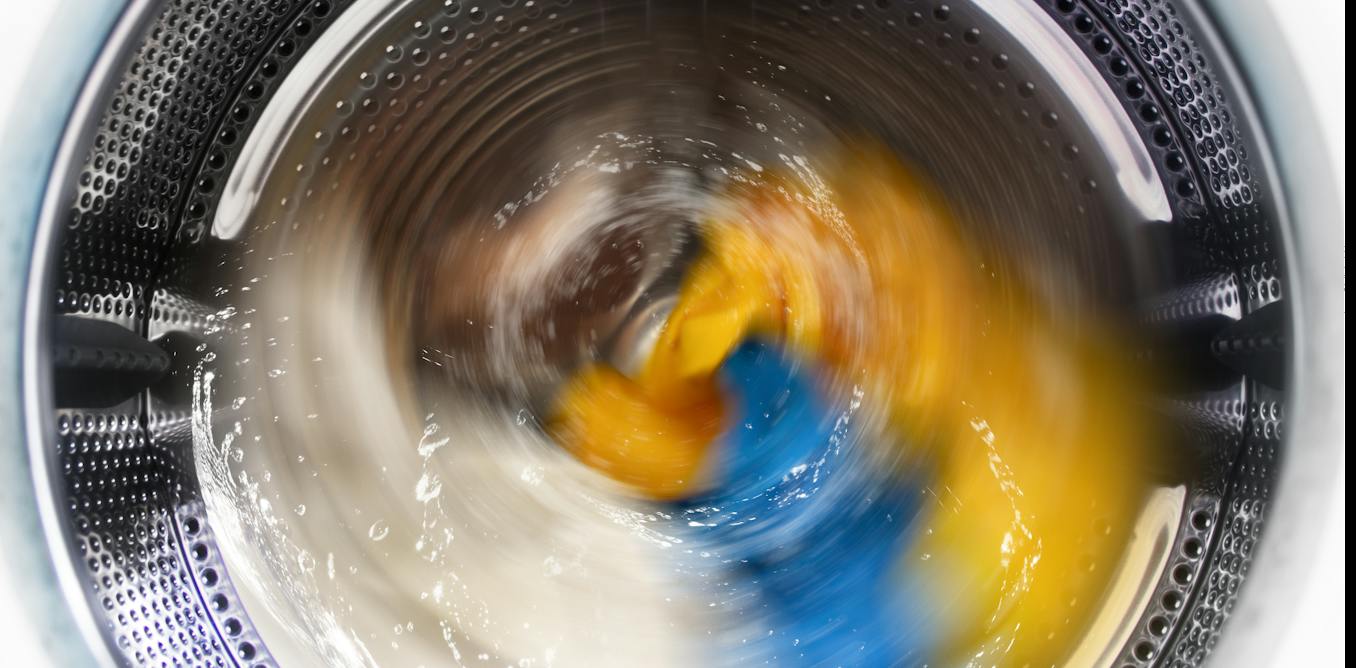The most common microplastics in the environment are microfibers—plastic fragments shaped like tiny threads or filaments. Microfibers come from many sources, including cigarette butts, fishing nets and ropes, but the biggest source is synthetic fabrics, which constantly shed them.
Textiles shed microfibers while they are manufactured, worn and disposed of, but especially when they are washed. A single wash load can release several million microfibers. Many factors affect how many fibers are released, including fabric type, mechanical action, detergents, temperature and the duration of the wash cycle.



Dont buy polyester and clothing companies might stop making it. Capitalism based climate change is a 2 way street.
Some things that are needed to exist in a society are created in a very environmentally unfriendly way. People don’t have the choice to just not participate in the economy.